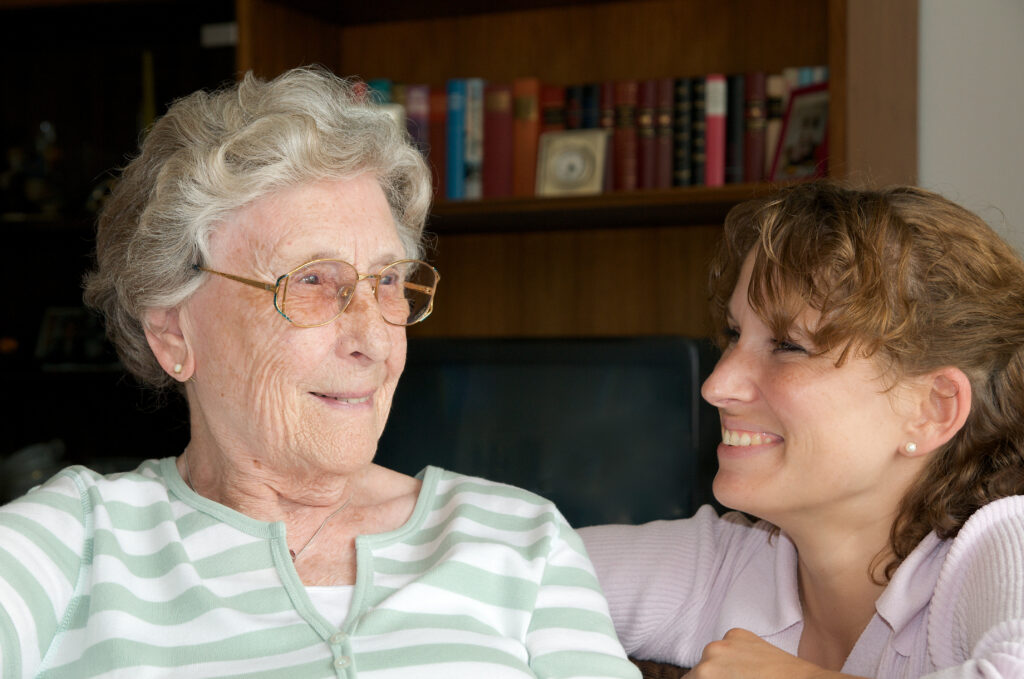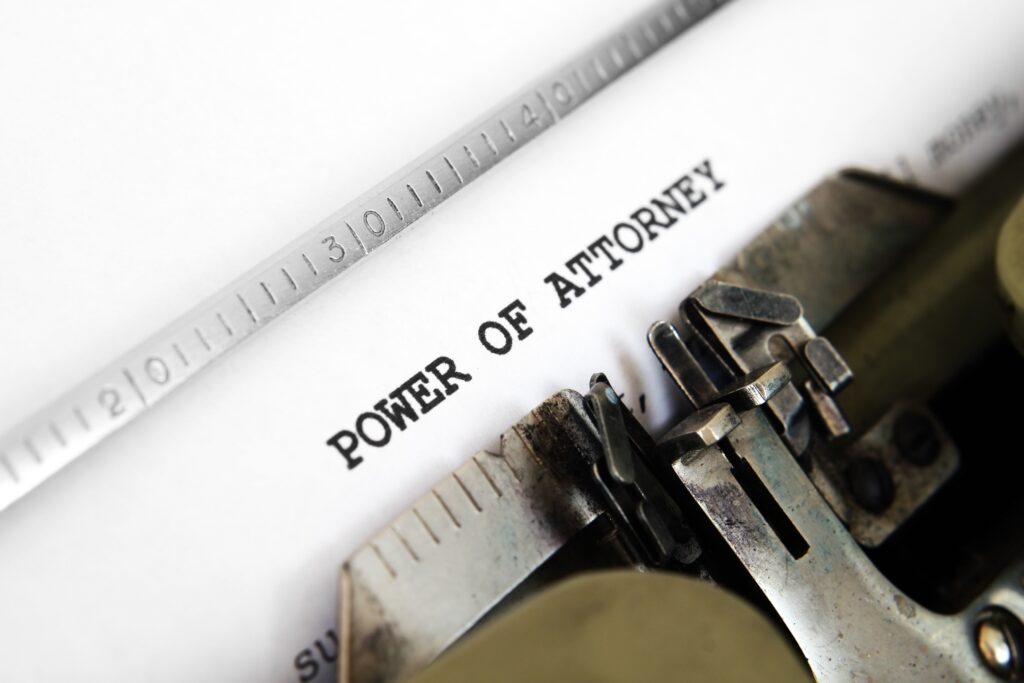We all struggle to say what we mean sometimes, but for a person living with dementia this can be an all too familiar problem. As the illness progresses, it affects the person’s ability to process information, with their responses often becoming delayed. Words can easily become confused and sometimes lost, and the inability to understand or to be understood can be a very frustrating and frightening experience. So what can we do to help?
What communication problems do people living with dementia face?
Firstly, we need to understand what to look out for. There is no single identical shift in the way people with dementia communicate; this varies from person to person and from one stage of dementia to the next. But typically, changes in communication may include:
- Difficulty finding specific words they are looking for
- Describing familiar objects, rather than identifying them by name
- Repeating familiar words
- Difficulty maintaining a train of thought
- Scrambling words so they are not in a logical order
- Switching back to speaking a native language they wouldn’t generally use
- Speaking less frequently or reluctance to speak
- Relying on gestures to fill in the gaps in their speech
How can we communicate effectively with people living with dementia?
Confusion with speech can cause people with dementia to feel distressed and isolated, but thankfully, communication between people is so much more than just the words we use. When conversation becomes more difficult for somebody with dementia, gestures, expressions, body language and physical contact are all helpful ways of conveying meaning.
Using a variety of both verbal and non-verbal communication strategies can reassure people with dementia and help put them at ease. Creating an environment in which they feel safe and relaxed isn’t just important for their general wellbeing, it can also help them to communicate more easily too.
Remember to:
- Be patient and calm with the person, using a positive tone of voice wherever possible. Avoid interrupting when they are trying to communicate something, as this might discourage them from doing so in the future.
- Respect their personal space. Try to put yourself on the same level or lower than them (e.g. sitting with them, instead of standing over them). You don’t want to crowd or intimidate them.
- Give them your full attention during a conversation and try to connect fully with them. Maintaining eye contact is a good way of doing this, whilst holding the person’s hand can also be very reassuring and bring you closer together. You should read their body language and listen to what they say to be sure they are comfortable with you doing this.
- Avoid distractions that might make it hard for them to concentrate on the conversation, such as having the television or radio on in the background. (Don’t switch these off without checking it’s OK to do so first!)
- Check that you have understood them. Repeat their words back to them and ask them if you have understood properly. It’s also OK to ask them to repeat themselves if you didn’t catch it the first time!
Communicating without words…
Along with thinking about your own communication, it’s important to be able to understand the signals that a person with dementia is giving you about their feelings. As well as listening carefully to what they say, try to be sensitive to their body language and facial expressions. At times, this may be the best or only way that they are able to tell you something. Showing them that you are listening and you understand how they are feeling can be so significant for someone with dementia, providing comfort and reassurance. And if you can convey meaning with a hand-hold, a hug or a warm smile, this can be incredibly powerful.
After all, sometimes the most important messages don’t need any words at all.



